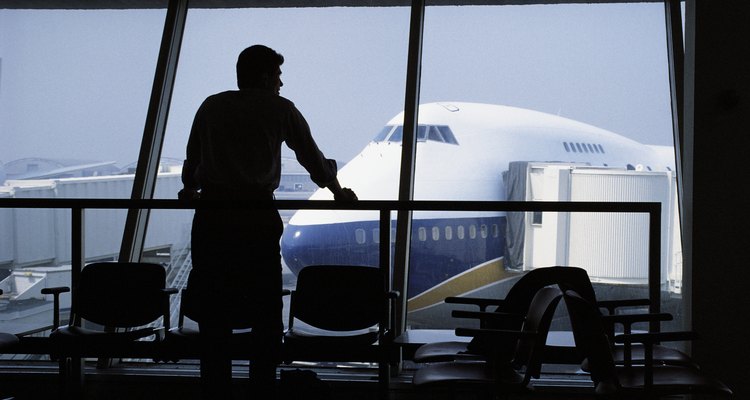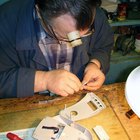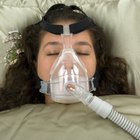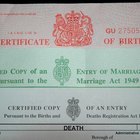
Comstock/Stockbyte/Getty Images
If you require the use of a urinary catheter, it's natural for you to worry that your catheter will interfere with your ability to fly. However, many passengers travel by plane everyday while using their catheters. Planning ahead and knowing what to expect are vital to a relaxing flight -- whether it's across state lines or across the ocean.
Contact Your Airline
Contact your airline in advance and let them know you'll be traveling with a catheter. Speaking with them ahead of time will give you a chance to discuss your concerns and have any questions answered. The airline will tell you what to expect during the flight in regard to its protocol for travelers with catheters. Speaking with your airline can help ensure you'll receive a seat in an area that accommodates your needs. For example, if you're more comfortable in an aisle seat or near the lavatories, speak up and request that those accommodations are made beforehand.
Call the Transportation Security Administration
The Transportation Security Administration, or TSA, has a special phone line set up specifically for airline passengers with special needs. The TSA Cares hotline will provide information on navigating airport security quickly and with dignity. Calling the hotline 72 hours in advance will allow the TSA to coordinate airport specific support for you when you reach the security checkpoint. You can also print a Disability Notification Card for Air Travel from the TSA’s website. This allows you to discreetly inform the TSA officer at the security airport about your catheter.
Security Screening
You have the right to request a private screening if you're uncomfortable with completing safety screening in view of the public. You should not have to remove your catheter or the attached bag during screening, and you don't need to remove extra catheters from your carry-on. Your catheter bag and any lubricants you use are exempt from the TSA's standard liquid restrictions.
Speak with Your Doctor
Keep your doctor informed about any long distance travel plans. Your doctor should be able to discuss any specific issues you may face while traveling and help you determine what steps you will need to take should any issues arise with your catheterization while you're traveling. If you or your doctor feel that your current catheter situation is not ideal for air travel, it is best to make changes far enough in advance to overcome any problems.
Talk to the Catheter Supply Company
The most important issue when traveling with a catheter is to keep its use discreet and sanitary. A catheter bag rupturing due to airline pressure would be both embarrassing and difficult to manage for you and airline personnel. The catheter company can discuss the overall durability of the equipment you're using and provide tips to keep everything intact and working properly while you're in the air. The catheter supply company can also give you tips for a more relaxing flight, such as filling your catheter bag with water before the flight and letting some of the water out once you have reached flying altitude. This will keep the bag from filling with air due to cabin pressure changes.
Related Articles

How to Get Rental Assistance for Seniors

How to Book Open Tickets
About TSA Precheck for the Military

How to Change the Battery in a ...

How to Borrow a Friend's Car

The Benefits of Castor Oil Packs

Bungee Jumping Near Phoenix, AZ

Swollen Lymph Nodes in Horses

How to Deal With Stomping From an ...
Tips for Choosing Travel Size Toiletries

New Salon Design Regulations in ...

How to Use the Facial Sauna

New York State Supervised Visitation ...

How to Get Away From a Psycho Boyfriend

Uses of Thermal Insulators

How to Mail Packages to Troops in Iraq ...

How to Report Daycare Centers

How to Prevent Chapping of the Skin ...

How to Repair High Sierra Luggage

How to Obtain a Death Certificate in ...
References
Photo Credits
Comstock/Stockbyte/Getty Images